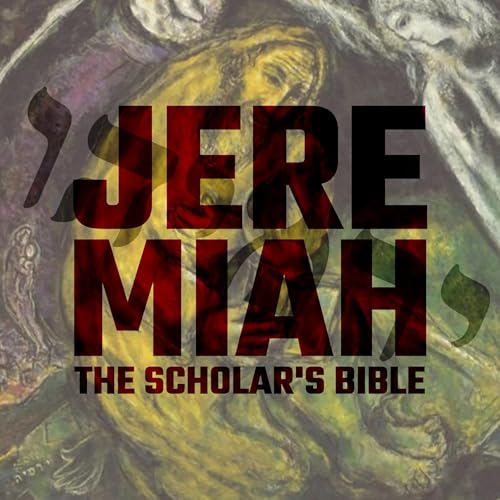Episode Description
For decades, students of the New Testament have been told that the Gospel of Mark — the earliest of the four canonical gospels — ends without a resurrection appearance. This absence, many lecturers insist, proves that the belief in Jesus’ bodily resurrection developed gradually, only finding expression in later gospels. But a closer reading of Mark reveals something far richer and more complex.
This episode challenges the standard academic narrative by showing how the language, structure, and theology of Mark all testify to resurrection from beginning to end. Far from being clumsy Greek with limited vocabulary, Mark’s repeated use of the verb egeirō (“to raise up”) encodes the resurrection into every healing, parable, and prophecy. The so-called lack of resurrection in Mark dissolves once the gospel is read on its own terms — as a liturgical proclamation rather than a novelistic biography.
Listeners will also discover how Mark’s chiastic patterns and ternion structures build towards the dazzling Transfiguration in chapter 9 — the true centrepiece of the gospel and arguably its resurrection appearance. The result is a gospel that places the risen Christ, not at the end, but at the very heart of its proclamation.
This is an episode for anyone who has ever been puzzled, dissatisfied, or frustrated by the idea that Mark somehow “missed” the resurrection. Instead, it shows that resurrection is the pulse of the gospel itself — always present, often hidden, and finally revealed in glory.
In this episode:
Why so much modern scholarship sells Mark short.
The significance of Mark’s favourite word euthys (“immediately”) as a theological device.
How the verb egeirō (“to raise up”) functions as Mark’s key to the resurrection throughout its healing stories, parables, and prophecies.
The parables of the seeds and their hidden proclamation of resurrection life.
How Mark’s ternions and chiastic structures build toward a dramatic centrepiece.
The Transfiguration (Mark 9:2–8) as Mark’s hidden resurrection appearance.
Why the gospel’s liturgical and catechetical context matters for interpreting resurrection in Mark.
 2025/10/1533 分
2025/10/1533 分 2025/10/1040 分
2025/10/1040 分 40 分
40 分 2025/09/3039 分
2025/09/3039 分 2025/09/2523 分
2025/09/2523 分
